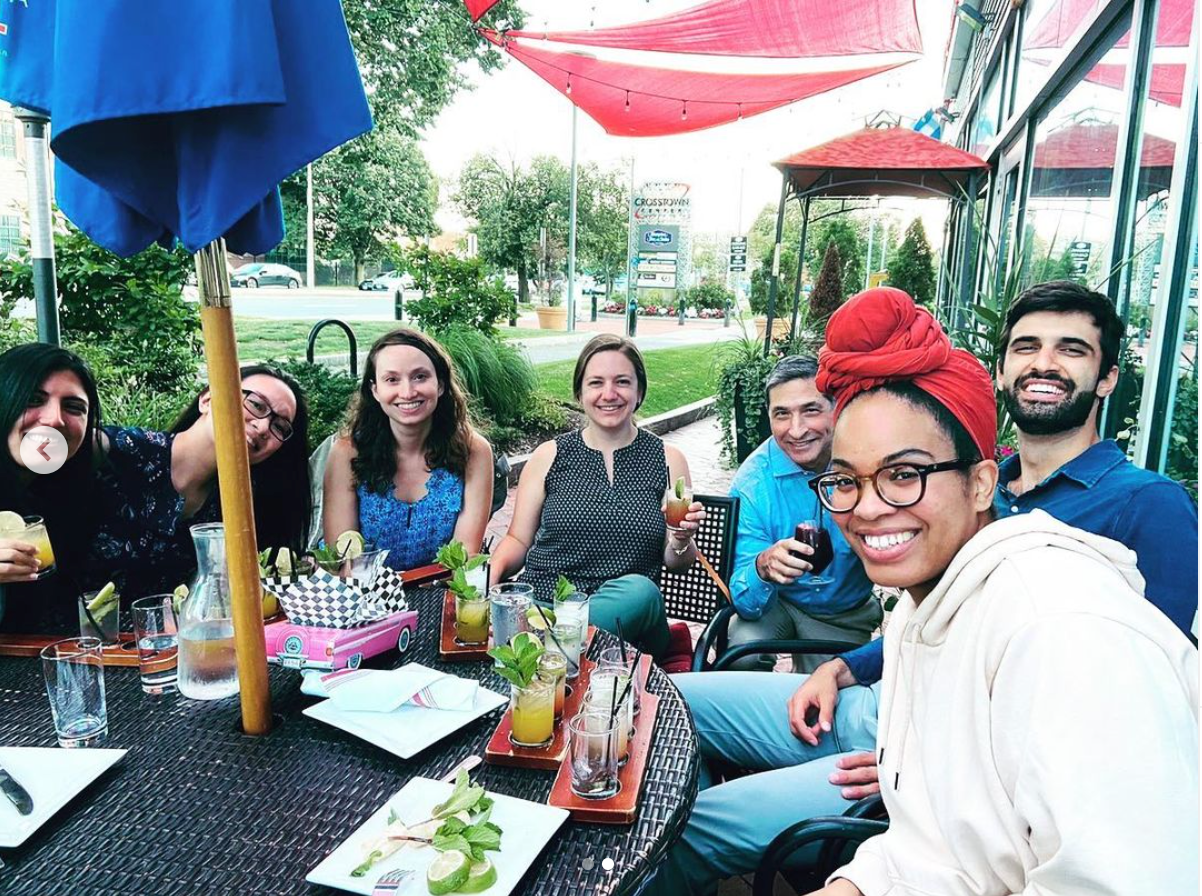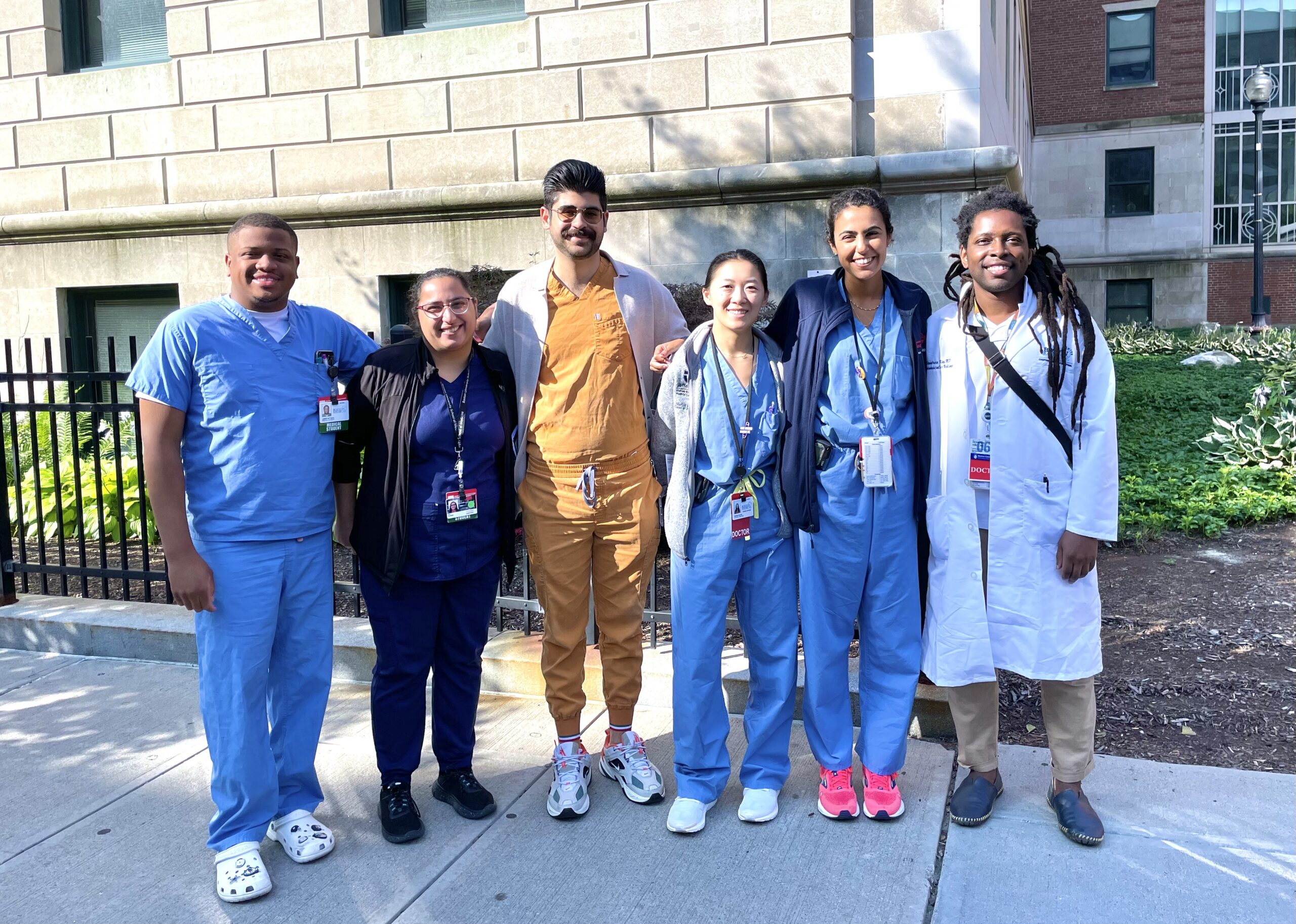Diversity and Inclusion
Diversity and inclusion (D&I) are core values of the Boston University Neurology Residency Program. Our program aligns fully with the mission of the medical center with its rich history of diversity and inclusion that start with the patient population we care for and permeates into every aspect of education, clinical care, research, and other arenas of academia. Our program welcomes and celebrates residents of every race, ethnicity, gender, gender identity, and sexual orientation. Our neurology residents are invited to join the dialogue on diversity, equity, and inclusion, with many becoming thought leaders within our department and the hospital at large.
Examples of D&I Initiatives
- Neurology Health Equity Rounds (HER): Our neurology HERs are one-hour department-wide interactive sessions in which a team of residents lead the department in a discussion on issues of diversity and inclusivity, as coached by a faculty member. An example of a previous topics includes reducing implicit bias in providing patient care.
- Neurology Town Hall on Addressing Racial Disparities: Both residents and faculty are invited to participate in department-wide town hall meetings discussing diversity and inclusion within our department and the hospital at large. From these town halls, attendees are invited to join subcommittees, that function as working groups addressing issues raised, for example diversity in clinical education.
- Graduate Medical Education (GME) Diversity & Inclusion Council: Neurology residents are invited to join this and other committees comprised of residents, fellows, and program directors to understand trends and improve the learning environment.
- Underrepresented Minorities in Medicine (URiM) Steering Committee: Neurology residents are invited to join this and other committee comprised of trainees who participate in recruitment activities and networking activities for medical students of color.
D&I Statistics
- Our most recent data shows that the percentage of Boston University neurology residents who identify as URiMs is more than twice that of neurology programs across the country.
- Across Boston University School of Medicine training programs, the percentage of incoming residents who identify as URiMs is greater than the national average.
- The 2021 Lown Institute ranking of U.S. hospitals’ racial inclusivity placed Boston Medical Center at #2 across the nation.
More Information
- The Office of Minority Physician Recruitment Site https://www.bmc.org/medical-professionals/office-minority-physician-recruitment
- URiM Recruitment Video https://www.youtube.com/watch?v=cJlz1QYataQ
- Being a resident at Boston Medical Center https://www.youtube.com/watch?v=YOhFFm8t1i0
- The URiM Resident and Fellow Steering Committee https://www.bmc.org/medical-professionals/office-minority-physician-recruitment/residents-fellows
- The URiM Cohort Mentorship Program https://www.bmc.org/underrepresented-minorities-medicine-urim-gme-cohort-mentorship-program
- The GME Diversity and Inclusion Council https://hub.bmc.org/departments/graduate-medical-education/gme-di-council
- The Subsidized Visiting Elective Program https://www.bmc.org/medical-professionals/office-minority-physician-recruitment/visiting-medical-students
- Toolbox for Increasing Racial Diversity https://hub.bmc.org/departments/graduate-medical-education/additional-links


